During our last live, someone asked me if it's normal for their guinea pigs to not be pet or carried. The truth is, all guinea pigs are different and carry different personalities, just like people. Guinea pigs in general are very timid and cautious creatures, so it is not surprising that they may not want to be touched. For example, Tofu and Dumpling do not like for their belly or bottom to be pet. There is however, one condition.

Today during our vlog, we called Tofu and Dumpling over to us. As they approached we reached over to give their heads and bellies a little love. They were very fidgety, until we pulled out some GuineaDad Pea Flakes. Once we were feeding them their daily dose of treats, they did not mind being pet anywhere. In fact, they were climbing all over us. The reason why guinea pigs don’t like their bellies or backs being touched is because it feels unexpected to them. When they are being touched on their belly or bottom, it often reminds them of predator-like behavior.

If you are a parent of guinea pigs that are very particular about where they are touched, don’t worry. This behavior is normal and can be very conditional. Try pulling out their favorite veggies or GuineaDad Pea Flakes. Then while they eat, gently stroke their head. After they get comfortable with the idea of you petting them while they eat, gently start from head or ears. Remember that patience is key, and after routinely petting the same areas, slowly try to move to more difficult parts like belly and butt. Once the guinea pigs feel comfortable, they may conditionally let you pet them anywhere. This is a great way to bond with your guinea pig and a helpful method in gaining their trust as well.














































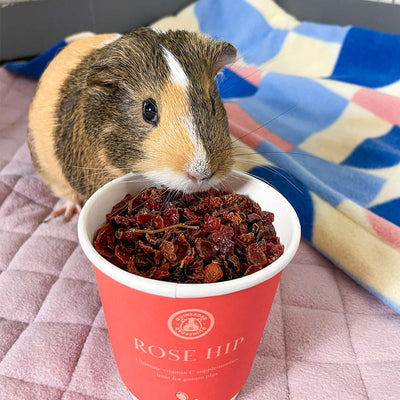
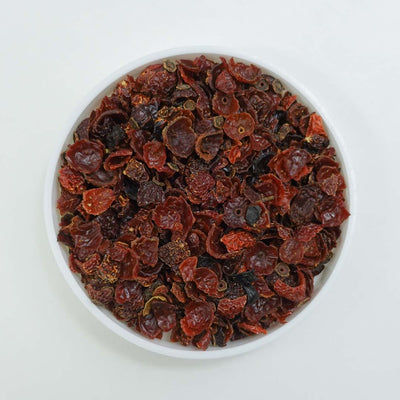
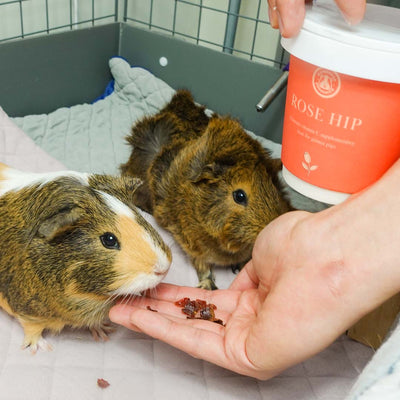

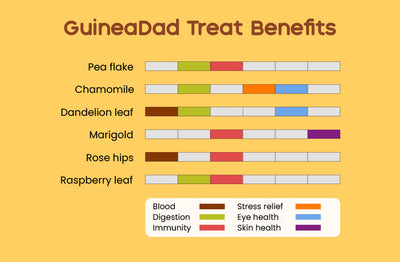

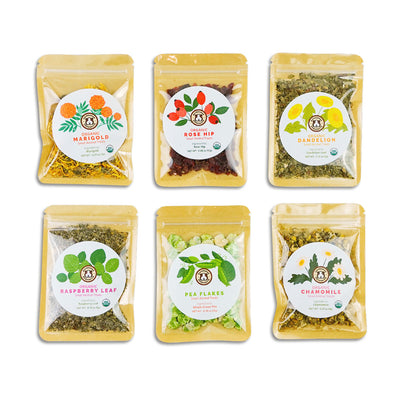
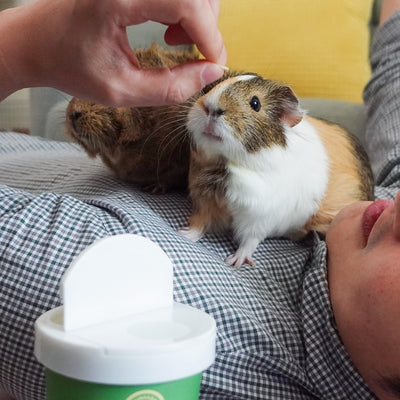
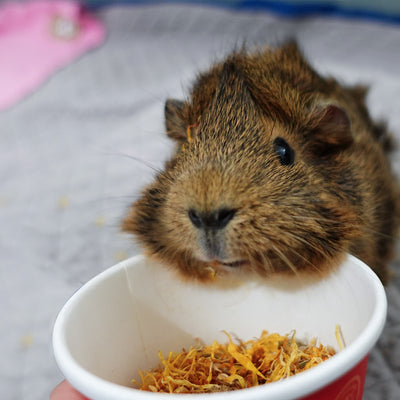

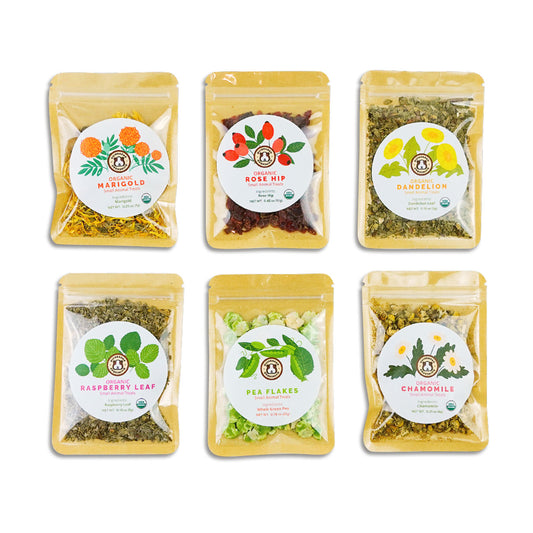
7 comments
Hi Nina,
It sounds like your guinea pig has gone through some changes in behavior over the course of your time together. Guinea pigs can be sensitive animals, and their behavior can be influenced by various factors. Here are a few potential reasons for the changes you’ve observed:
Personality and Socialization: Some guinea pigs are naturally more skittish and shy than others. It’s possible that your guinea pig’s initial skittishness was due to her personality and lack of early socialization. Although you’ve made progress, she might still have moments of fear and hesitation.
Traumatic Experiences: If she was returned by a previous owner or had other negative experiences, it could have contributed to her initial skittishness. Even if she’s been in a more positive environment since then, past experiences can still influence her behavior.
Environmental Factors: Changes in her environment, even positive ones like taking her outside, can sometimes cause stress in guinea pigs. The unfamiliar surroundings, new smells, and sounds might trigger her skittish behavior.
Health Issues: Sometimes changes in behavior can be linked to health problems. If your guinea pig is in any discomfort or pain, it could affect her mood and behavior.
Hormonal Changes: Guinea pigs can undergo hormonal changes as they age, which might lead to shifts in behavior.
Here are some steps you can take to help your guinea pig feel more comfortable and reduce her skittish behavior:
Patience and Gentle Interaction: Continue to spend time with her in a calm and gentle manner. Avoid sudden movements or loud noises that might startle her. Offer treats and her favorite vegetables to build positive associations with your presence.
Consistent Routine: Guinea pigs are creatures of habit. Maintain a consistent routine for feeding, cleaning, and interaction. This predictability can help reduce anxiety.
Safe Spaces: Provide hiding spots in her cage where she can retreat if she feels scared. This can help her feel secure and reduce stress.
Positive Reinforcement: Whenever she shows less skittish behavior or approaches you willingly, reward her with treats and praise.
Health Check: If her behavior changes suddenly, consider having her checked by a veterinarian to rule out any health issues.
Outdoor Time: If she enjoys being outside, continue taking her outside, but make sure the environment is safe and controlled. Gradually increase the time spent outside to help her get used to it.
Remember that building trust and comfort with a skittish guinea pig takes time. Every guinea pig is unique, so be patient and understanding as you work to help her feel more at ease. If her behavior continues to be a concern, consulting a veterinarian with experience in small animals might provide additional insights and guidance.
Our guinea pig was extremely skiddish when we first got her. She was around 6 months old and alone in her petco cage for some time. I believe someone even returned her after purchase bc she would never let anyone touch her and frantically look for a place to hide during simple activities such as placing her favorite fresh veggies in the cage. We’ve had her almost a year now and I thought she was getting better and more used to us picking her up but lately she started getting super fidgety again and even lightly bighting my fingers when I come close. I took her outside to our non-pestcide treated front yard a few times this summer and she seemed to enjoy it but I wonder if this has had something to do with her sudden, aggressive, frightened temperament. Any suggestions/advice and similar experiences are very much appreciated!!
Thanks,
Nina and Oreo (our blk n wht piggy)
This is helpful information. I am fostering a male guinea pig and was wondering the best way to assist him with being pet so that he becomes more attractive to potential adopters.
I got a guinea pig for my birthday last year, and is there a right or wrong way to hold a guinea pig? When I pick her up, she squeals very loudly. I feel very bad and I’m scared I might hurt her. Please help!
Good info. A few months ago I took in two females who needed to be rehomed. They are both about 1yr and a half old. Both are very skittish about being held, they are getting used to being petted now and even seem excited to see me when I come home. So guess it’s progress. Definitely going to try some of the tips on your site.